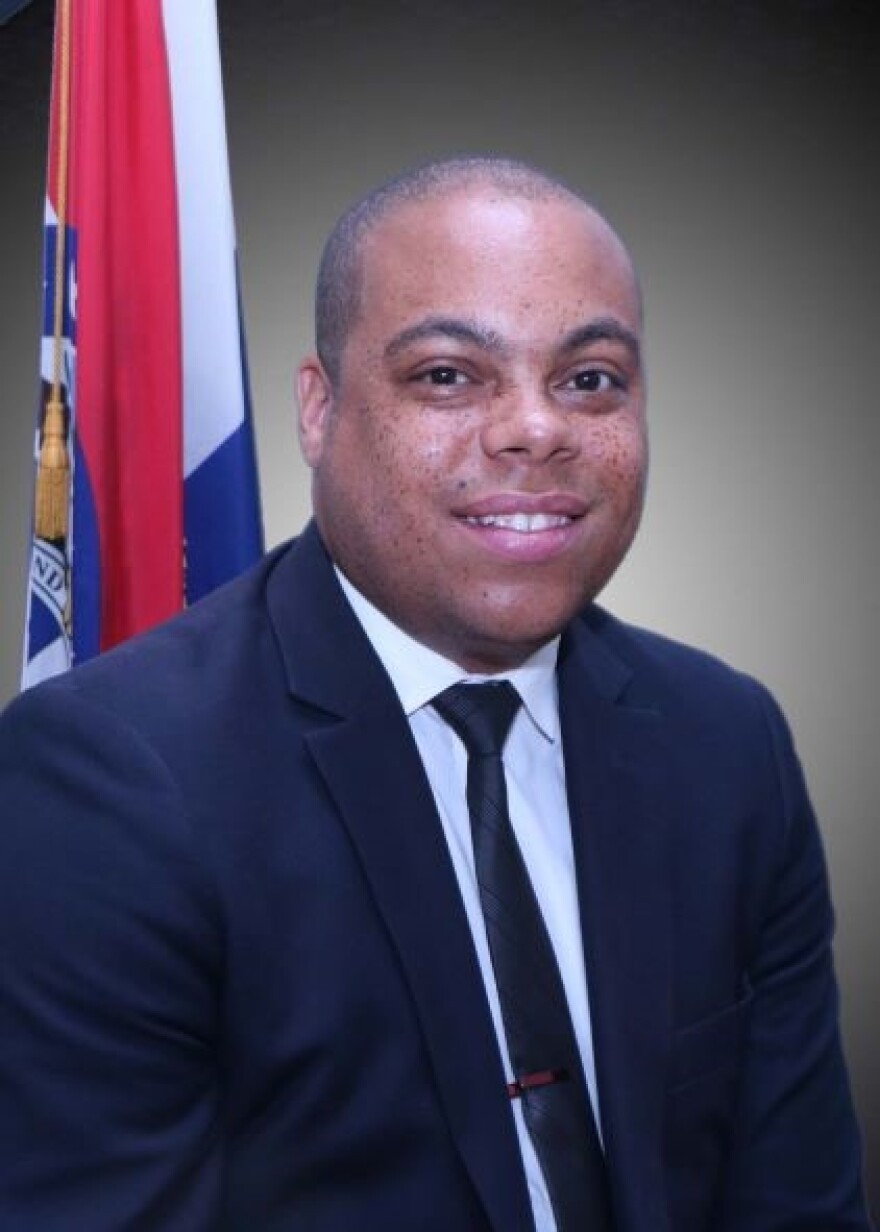In the city of St. Louis, primary elections frequently have bigger consequences than general ones. But one item St. Louis voters will see on their Nov. 3 ballots could change that pattern in a big way: Proposition D.

Touted by proponents as a minor change for voters that would mean big improvement for St. Louis, the measure would establish a nonpartisan election system for the offices of mayor, comptroller, the president of the Board of Aldermen and aldermen.
If Prop D passes this fall, the city would implement an open primary system. Under it, voters could choose any and all candidates they approve of for a given office. Then, in the general election, the top two vote-getters for that office would compete in a runoff.
That could mean a real shift in the dynamics of St. Louis’ 2021 mayoral race next spring.
On Thursday’s St. Louis on the Air, St. Louis Recorder of Deeds Michael Butler, who is also the outgoing chair of the city’s Democratic Central Committee, joined host Sarah Fenske to talk about it.
Butler explained why he’s in favor of Prop D and also addressed the main arguments being made against it.
“It’s a simple thing that would be a really big change, and I would say a cool thing as a big change [that] would also tend to have better results for African American and forward-thinking politicians,” Butler said, “folks who are progressives or folks who are more focused on the issues.”
He sees Prop D as potentially removing “the party part” from the municipal election process — in a good way.
“We have what is known as really one of the worst possible systems of election,” he said. “A partisan primary, again with a general partisan election, in a municipal election, doesn't really allow you to vote on the issues but more on the team that you’re on.”
When Fenske asked about the concern that the Prop D shift could weaken Democratic power in the city, Butler said he doesn’t share that worry.
“I think the Democrats have to earn people’s votes rather than folks just choose us because we’re on a team,” he said. “As a party structure I think this actually makes the Democratic Party more relevant, and it makes the Democratic Party more involved in elections, because in a nonpartisan election, folks need the Democratic Party to tell them who the Democrats are.
“And more important, the Democratic Party has the ability to hold those candidates more accountable to what the values of Democrats are.”
Butler noted that in a heavily Democratic city like St. Louis, a race such as next spring’s mayoral contest would be unlikely to feature a Republican in the two-candidate runoff.
“What is likely to happen with approval voting is that two Democrats will make it to the runoff election, and so you’ll still have in a sense a tough choice in the primary election, but it’s much easier because you can vote for more than one person,” he said. “But then you’ll be able to choose one of the two folks in a runoff election.”
Butler emphasized the fact that many other municipalities around the U.S. have adopted nonpartisan approaches to key local races.
“Joplin has a nonpartisan mayoral election. Atlanta, Georgia, Chicago, Kansas City, San Francisco, St. Paul, Minnesota — plenty of other places have nonpartisan mayoral elections, and their results tend to be better rooted for the general public and for people than the ones we have here in St. Louis.”
“St. Louis on the Air” brings you the stories of St. Louis and the people who live, work and create in our region. The show is hosted by Sarah Fenske and produced by Alex Heuer, Emily Woodbury, Evie Hemphill and Lara Hamdan. The audio engineer is Aaron Doerr.


